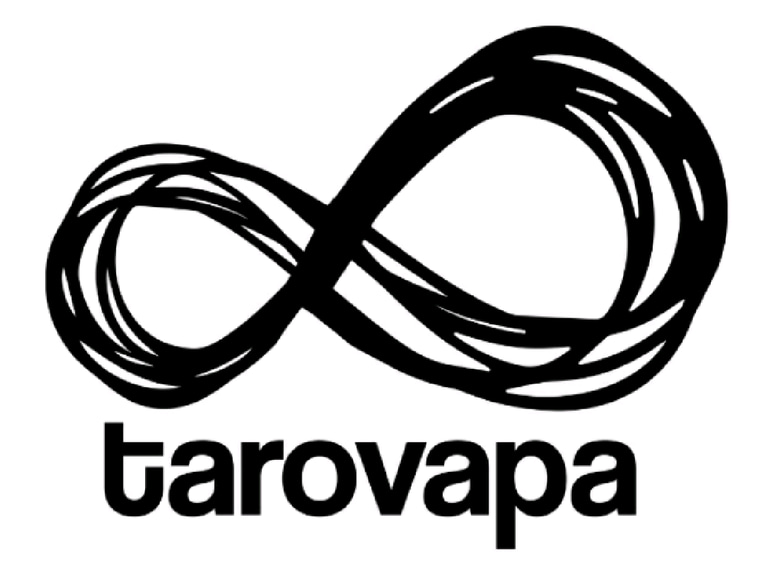Tax Optimization Strategies for Professionals and Businesses in Paraguay
Proactive tax management is a fundamental component of the financial strategy of any company or independent professional operating in Paraguay. Beyond simply complying with obligations, a thorough understanding of the tax framework allows for optimizing the tax burden and improving profitability. The main areas of focus for efficient tax planning are detailed below.
Diego Zotelo
7/1/20253 min read


Tax Optimization Strategies in Paraguay
Proactive tax management is essential for any business or independent professional in Paraguay. Beyond mere compliance, a deep understanding of the tax framework allows for the optimization of the tax burden and the improvement of profitability. The key areas for efficient tax planning are detailed below.
1. Strategic Selection of the Corporate Income Tax (IRE) Regime
Paraguayan law offers different IRE regimes, tailored to the scale and nature of each economic activity. Choosing the right regime is the most impactful decision on a company's tax burden.
IRE - General Regime
Profile: Any type of company and sole proprietorships with annual gross income exceeding Gs. 2,000,000,000.
Tax Base: Net income, determined by the difference between duly documented deductible income and expenses.
Rate: 10%.
Strategic Considerations: This regime is most advantageous for companies with narrow profit margins or significant cost structures, as it allows for the deduction of all necessary expenses. Rigorous accounting is essential to maximize deductions.
IRE - Simplified Regime (SIMPLE)
Profile: Sole proprietorships with annual gross income up to Gs. 2,000,000,000.
Tax Base: Presumptive net income, calculated by applying a 30% profitability coefficient to gross income. The taxpayer can also opt to calculate real net income by keeping accounting records.
Rate: 10% (on the tax base).
Strategic Considerations: This is an administratively simpler option, ideal for professionals or small business owners whose real profitability is equal to or greater than 30%. If profitability is lower, the General Regime may be more efficient.
IRE - Simplified Regime for Small Businesses (RESIMPLE)
Profile: Sole proprietorships with annual gross income up to Gs. 80,000,000.
Tax Base: Not applicable. A fixed monthly fee is established based on the income bracket.
Rate: Fixed monthly payments ranging from Gs. 20,000 to Gs. 80,000.
Strategic Considerations: Designed to facilitate the formalization of micro-entrepreneurs. It eliminates accounting complexity and offers predictability in the tax burden, making it the optimal option for starting a business.
2. Expense Deduction: Principle and Application
In the IRE General Regime and the Personal Income Tax (IRP), the correct application of the deductibility principle is the main optimization tool. An expense is deductible if it is necessary, real, duly documented (legal invoice), and linked to the generation of taxable income.
Main Deductible Expenses in the IRE General:
Costs of acquiring goods and raw materials.
Salaries, bonuses, and other employee remunerations.
Social security contributions (IPS).
Rent for offices, premises, and equipment.
Professional services (accounting, legal, etc.).
Maintenance and repair costs.
Basic services (electricity, water, telecommunications).
Depreciation of fixed assets.
3. VAT Management and IRP Planning
Value Added Tax (IVA): The IVA mechanism (general rate of 10%) allows for the offsetting of Fiscal Debit (IVA collected on sales) with Fiscal Credit (IVA paid on purchases of goods and services linked to the business). Meticulous documentation of Fiscal Credit is crucial to optimize cash flow by reducing the amount payable to the tax authority.
Personal Income Tax (IRP): This tax is levied on Paraguayan-sourced income of individuals. It is relevant for independent professionals and business owners when they withdraw profits. The law allows for the deduction of personal and family expenses and investments, including:
Health and education expenses for the taxpayer and their dependents.
Purchase of clothing, food, and household goods.
Purchase of real estate and vehicles.
Contributions to pension funds and social security.
IRP planning requires rigorous discipline in obtaining legal invoices for all deductible expenses to minimize the tax base.
Conclusion
Tax optimization in Paraguay is not about evasion but about the intelligent and strategic application of existing regulations. The correct selection of the tax regime, disciplined management of deductible expenses, and a deep understanding of taxpayer obligations and rights are pillars for legally reducing the tax burden. Consulting a tax professional is highly recommended, as they should be considered a strategic ally for business growth and sustainability.
Fuentes Oficiales y de Consulta:
Dirección Nacional de Ingresos Tributarios (DNIT): La página web oficial (https://www.dnit.gov.py/) contiene la Ley N° 6380/19 "De Modernización y Simplificación del Sistema Tributario Nacional", así como decretos reglamentarios y guías para el contribuyente.
Subsecretaría de Estado de Tributación (Archivo): El material histórico de la SET sigue siendo una referencia útil para entender la evolución de las normativas.
Consultores y Estudios Contables: Firmas especializadas publican regularmente análisis y actualizaciones sobre la normativa fiscal paraguaya.
Believe in you every day
I know that in the diversity of thoughts there are infinite opportunities and we should not be afraid to discover them.
Contacto
© tarovapa2015.guive
All rights reserved
info@tarovapa.com


